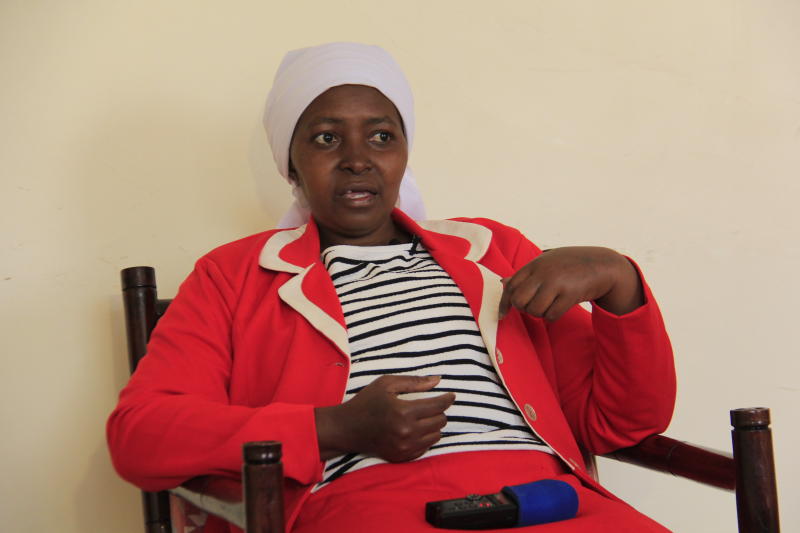×
The Standard e-Paper
Home To Bold Columnists

Ruth Kamau currently going through breast cancer treatment. [Waweru Murage, Standard]
Ruth Kaburu Kamau, 39, waits patiently inside one of the rooms at Nairobi Hospice along Hospital Road in Nairobi.